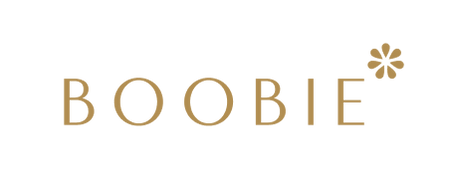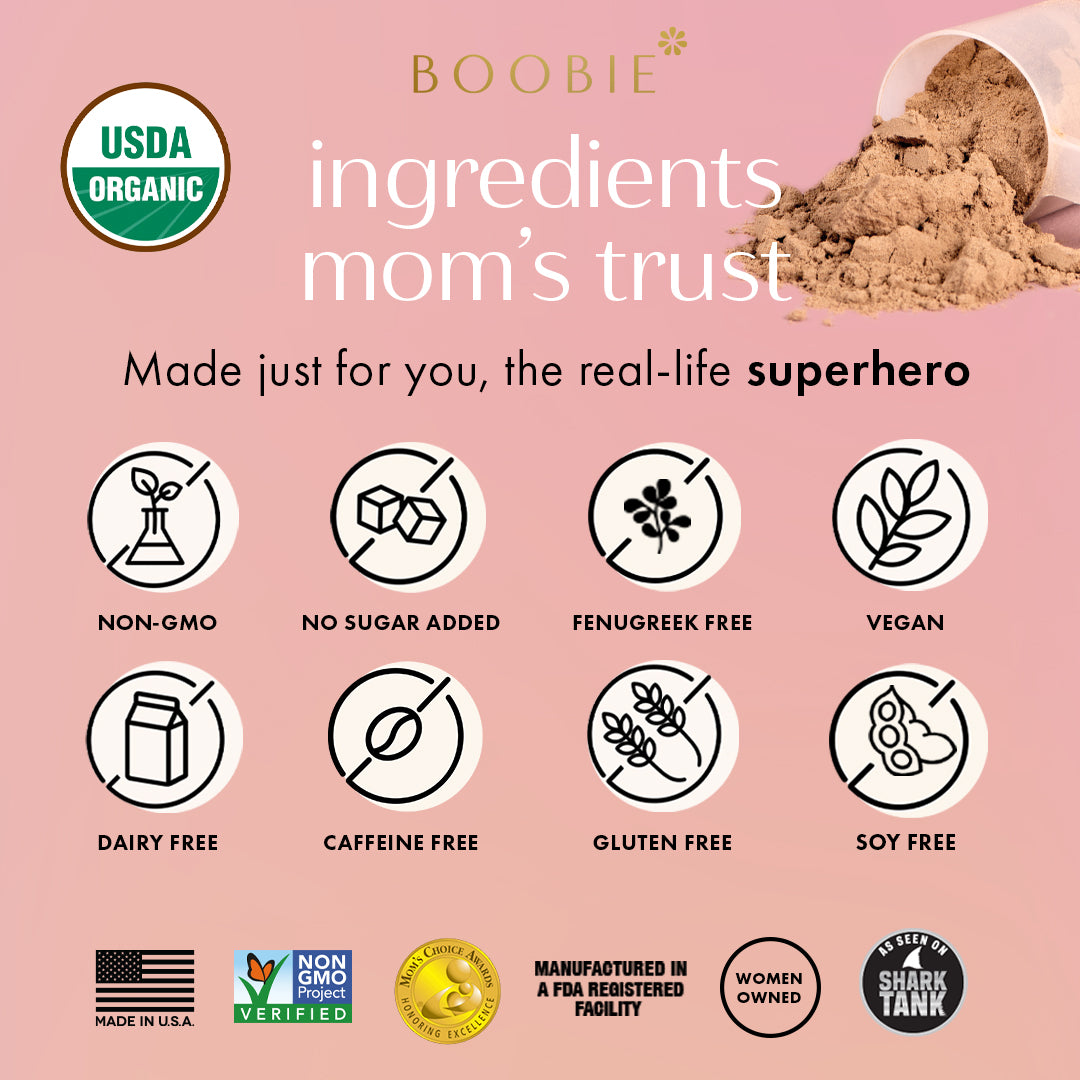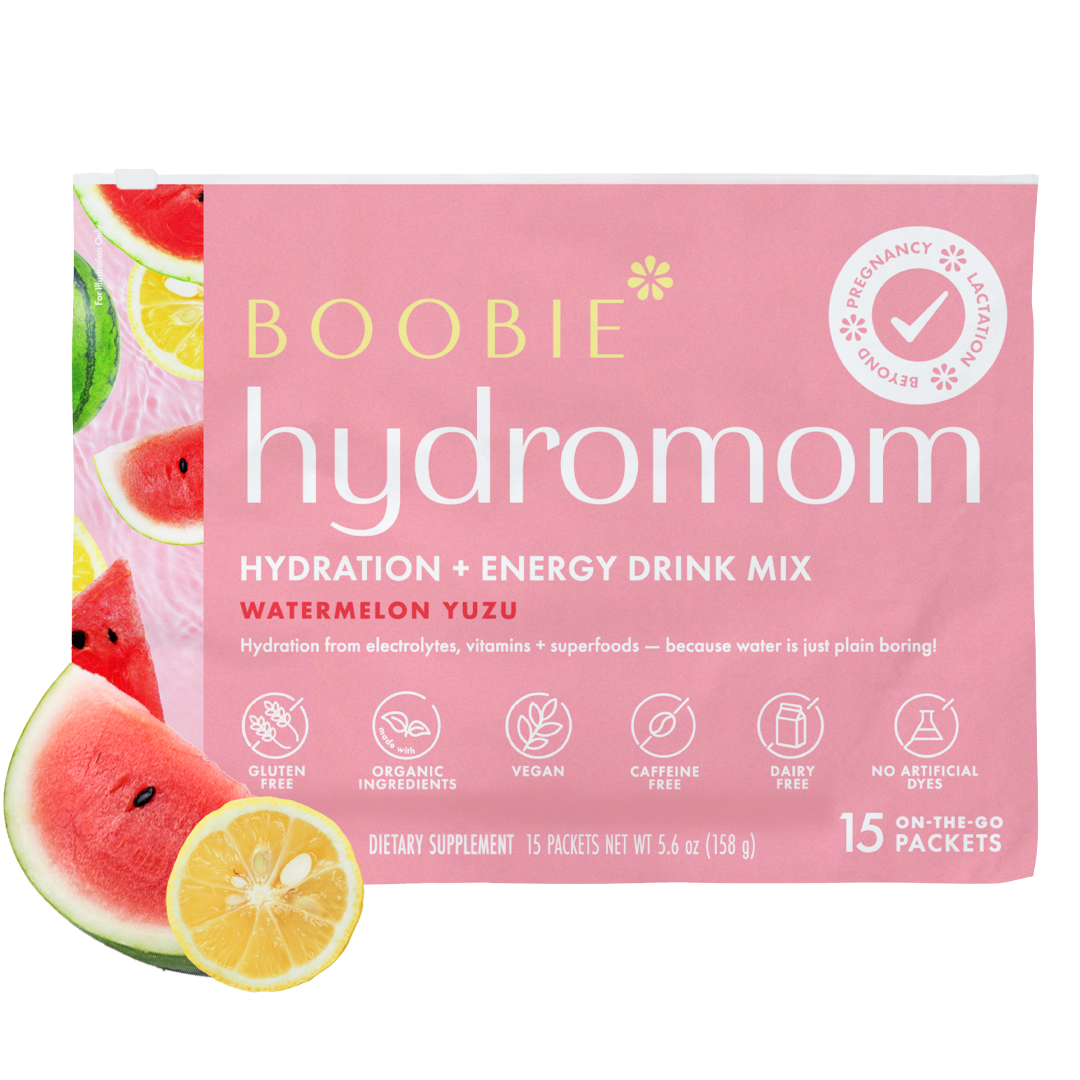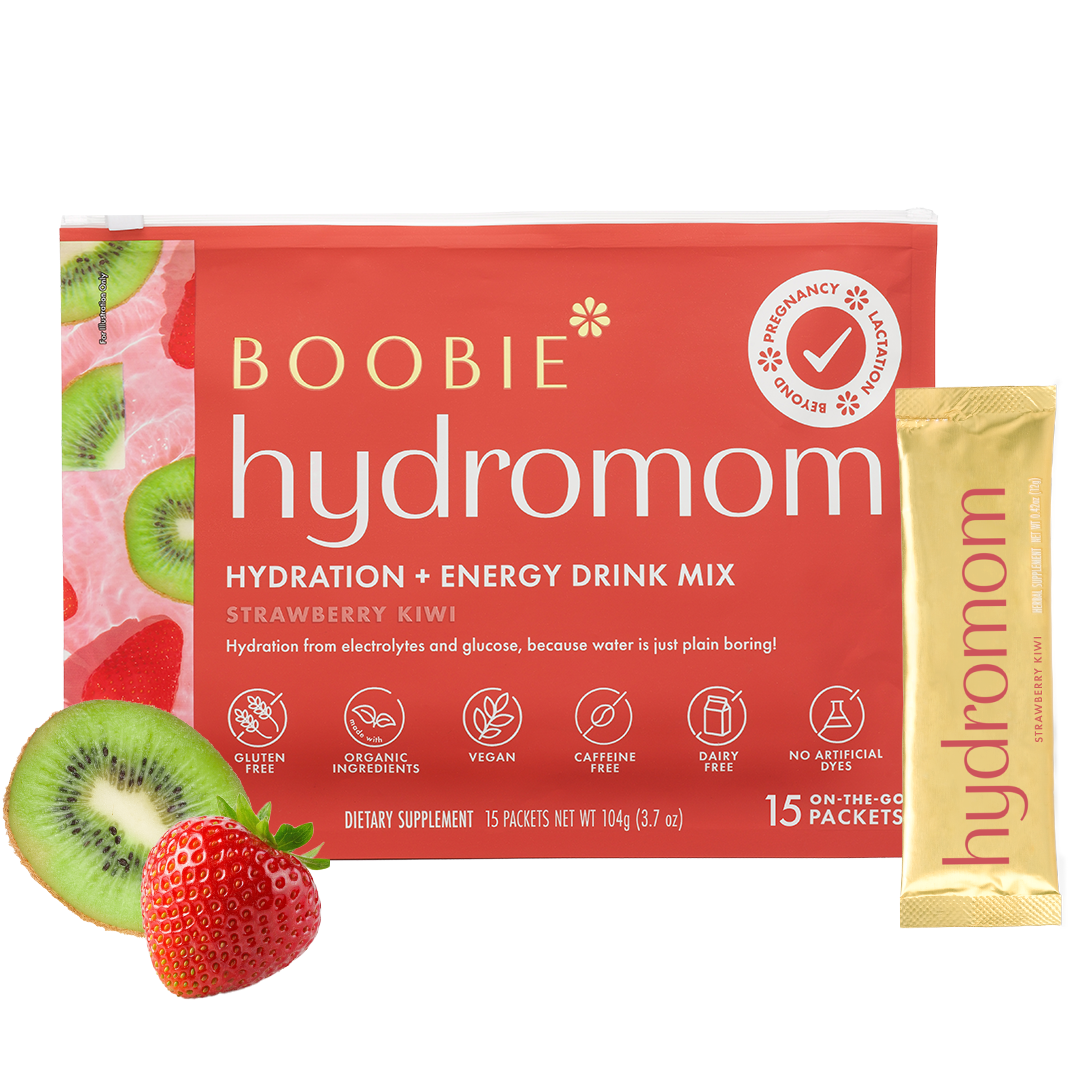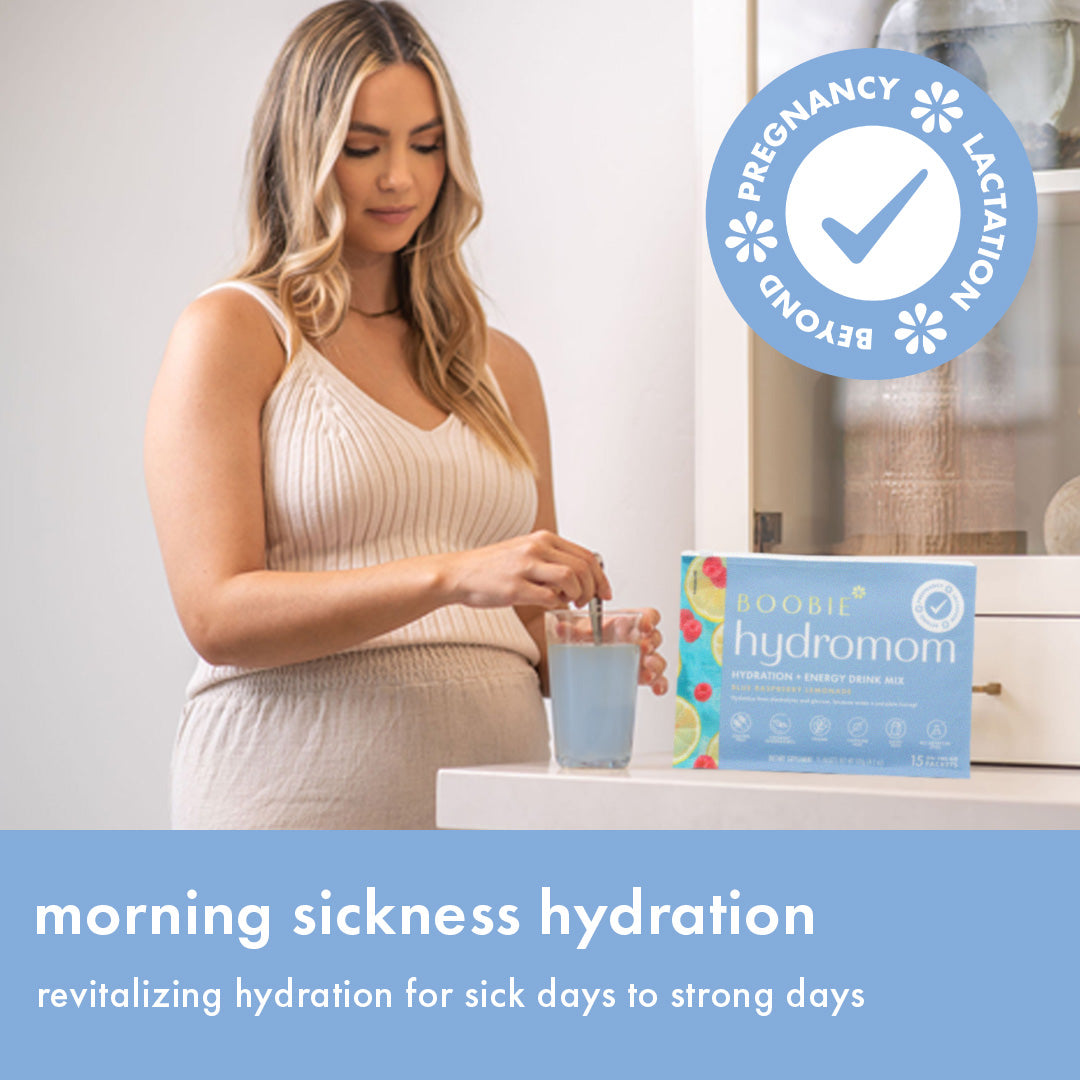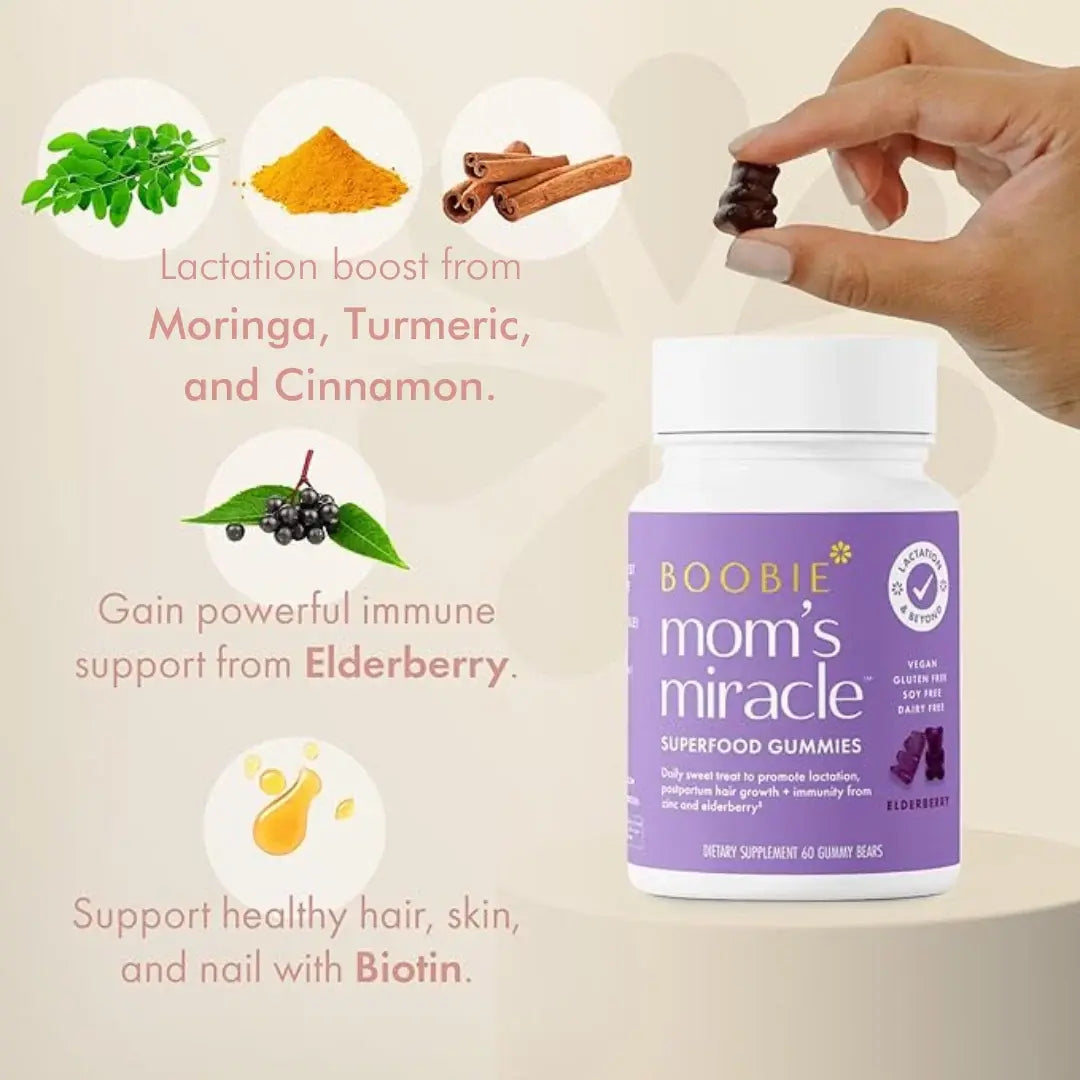Welcoming a new baby into the world is an exciting and often overwhelming experience. As a new parent, you may find yourself navigating uncharted waters, especially when it comes to feeding your newborn. Whether you are breastfeeding, pumping, or combination feeding, ensuring your baby is well-fed and healthy can be challenging. This is where an International Board Certified Lactation Consultant (IBCLC) can make a significant difference. As an IBCLC, I am here to guide you through the complexities of feeding your baby, offering personalized support and expert advice.
Why is an IBCLC Important?
1. Expertise in Lactation Support
IBCLCs are the gold standard in lactation support. We are healthcare professionals who specialize in the clinical management of breastfeeding and lactation. Our certification requires extensive training, clinical experience, and passing a rigorous exam. This means we are equipped to handle a wide range of breastfeeding issues, from the most common concerns like latching difficulties and sore nipples to more complex situations such as low milk supply, mastitis, or feeding a premature baby.
2. Personalized Care for Every Situation
Every breastfeeding journey is unique. As an IBCLC, I provide individualized care tailored to your specific needs and circumstances. Whether you’re a first-time parent, have had previous breastfeeding challenges, or are managing multiple births, I work with you to develop a feeding plan that aligns with your goals and lifestyle.
3. Support Beyond Breastfeeding
Our role extends beyond just addressing breastfeeding issues. We support parents who are exclusively pumping, using donor milk, or supplementing with formula. An IBCLC can also offer guidance on pumping and storing milk, returning to work while continuing to breastfeed, and weaning when the time is right.
4. Emotional and Psychological Support
Breastfeeding can be an emotional journey, filled with highs and lows. An IBCLC not only provides practical solutions but also offers emotional support, helping you to feel more confident and empowered in your feeding choices. We are here to listen, offer encouragement, and help you navigate any challenges you may face.
5. Advocacy and Education
As an IBCLC, I advocate for breastfeeding and informed feeding choices. I provide evidence-based information to help you make the best decisions for your family. This includes educating partners, family members, and other support networks to create a positive and supportive environment for your feeding journey.
How to Find an IBCLC
Finding the right IBCLC for you is an important step in your breastfeeding journey. Here are some tips on how to find one:
1. Check with Your Healthcare Provider
Many healthcare providers, including obstetricians, pediatricians, and midwives, can refer you to an IBCLC. Some hospitals also have IBCLCs on staff who can provide support during your hospital stay and after you go home.
2. Search Online
The International Lactation Consultant Association (ILCA) offers an online directory of IBCLCs. You can search by location to find a certified lactation consultant near you. Websites like Lactation Network also provide directories and resources for finding local IBCLCs.
3. Local Breastfeeding Support Groups
Joining a local breastfeeding support group, such as La Leche League or other community groups, can be a great way to connect with an IBCLC. These groups often have a list of trusted professionals in the area. Lactation Support Groups can be so special to have. Being an IBCLC for a Lactation Support Group is what gave me the idea to create my first Milk to the Max bar!
4. Ask for Recommendations
Reach out to friends, family members, or other parents in your community who have had positive experiences with an IBCLC. Personal recommendations can often lead you to someone who is a good fit for your needs.
5. Check with Insurance Providers
Some health insurance plans cover lactation consultations with an IBCLC. Contact your insurance provider to see if this service is included in your plan and ask for a list of in-network providers.
6. Virtual Consultations
If there isn’t an IBCLC nearby, or if you prefer the convenience of staying home, many IBCLCs offer virtual consultations. This allows you to receive expert support from the comfort of your own home, which can be especially beneficial in the early postpartum period.
Choosing to work with an IBCLC can make a significant difference in your feeding journey. With expert knowledge, personalized support, and a compassionate approach, an IBCLC can help you navigate the challenges and joys of feeding your baby. Whether you’re facing a specific issue or simply want reassurance and support, an IBCLC is here to help you achieve your feeding goals.
